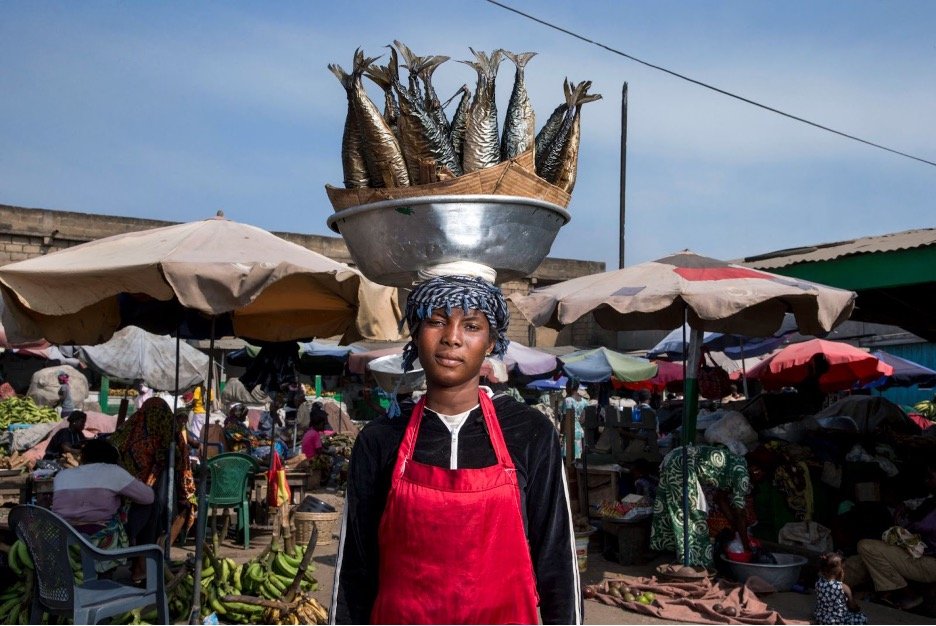Pathways to Inclusive Economic Empowerment
Multi-country study on barriers and enablers to women’s economic empowerment in Sub-Saharan Africa
As Sub-Saharan Africa recovers from the economic and social impacts of the COVID-19 pandemic, investing in sustainable and scalable solutions to women’s economic empowerment presents a critical opportunity to ‘build back better’. In 2022, Kore Global worked closely with Euromonitor International (in partnership with six other global organisations: (i) International Cooperative Research Group (ICRG), which is the research arm of the United States Overseas Cooperative Development Council (U.S. OCDC); (ii) United States Agency for International Development (USAID); (iii) Mastercard Foundation; (iv) International Development Research Centre (IDRC); (v) United Nations Entity for Gender Equality and the Empowerment of Women (UN Women); and (vi) the African Trade Policy Centre (ATPC), which is a specialised unit within the United Nations Economic Commission for Africa (UN ECA)) to produce a series of country reports, which explore barriers and enablers to women’s economic empowerment (WEE) in Sub-Saharan Africa.
Drawing largely on secondary research, the 13 country reports explore available data and evidence on factors influencing WEE in the region. The aim was to assess which sectors hold the highest potential for women’s economic empowerment, explore how women’s prospects in these sectors can be strengthened in light of various barriers and drivers, and identify which stakeholders (public and private) are key to achieve this.
Kore Global developed a holistic conceptual framework for the multi-country study, which identifies multiple and overlapping factors which combine and interact to influence WEE in each country context. This includes factors at three levels:
● Structural factors: Including the policy and programming environment.
● Normative factors: Including social and gender-based norms which shape women’s engagement in paid and unpaid work, as well as factors such as violence against women and girls (VAWG) which hinder active women’s economic participation, rights, and wellbeing.
● Individual factors: Including human, social and economic capital.
The reports identify key factors at each of these levels with relevance to all sectors. In addition, the reports include a sectoral analysis looking at barriers, opportunities and entry points for WEE in key sectors identified in consultation with country-level stakeholders. This includes a wide range of sectors from subsectors of Agriculture (including Maize, Coffee and Rice); Wholesale and Retail Trade (WRT); to Microenterprise.
The final country level reports provide practical recommendations for public and private sector partners to consider that would improve and expand women’s economic opportunities and contribute meaningfully to WEE.

